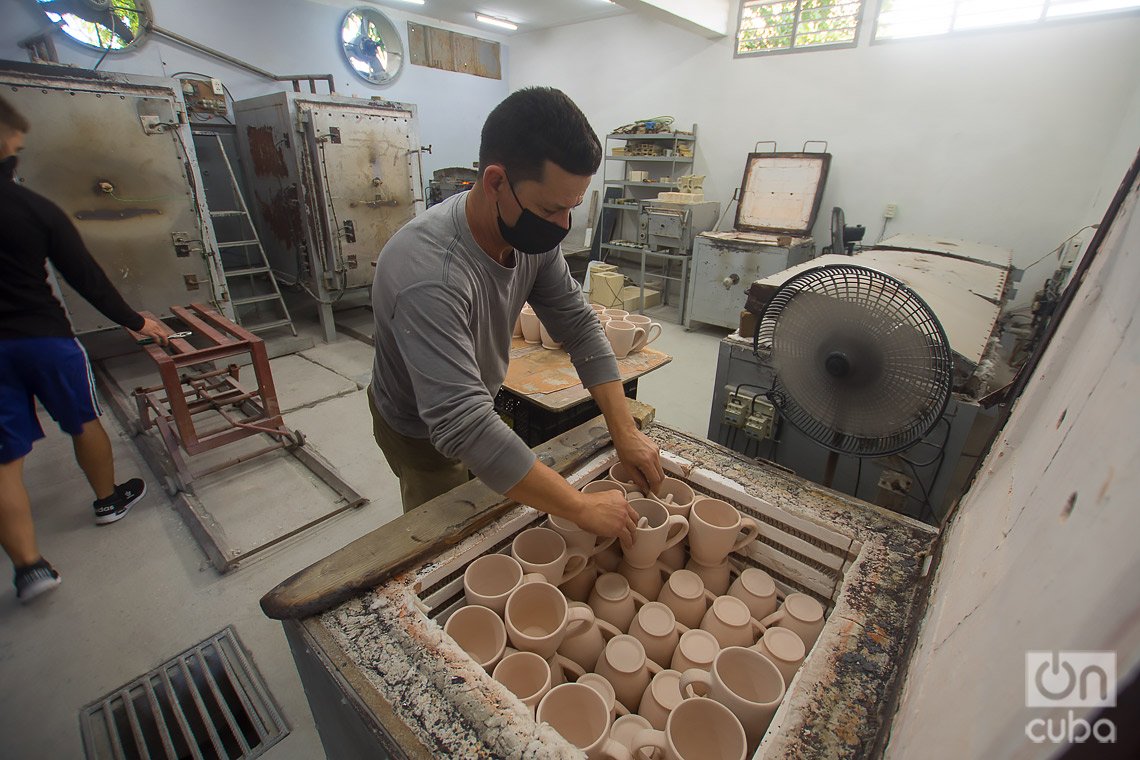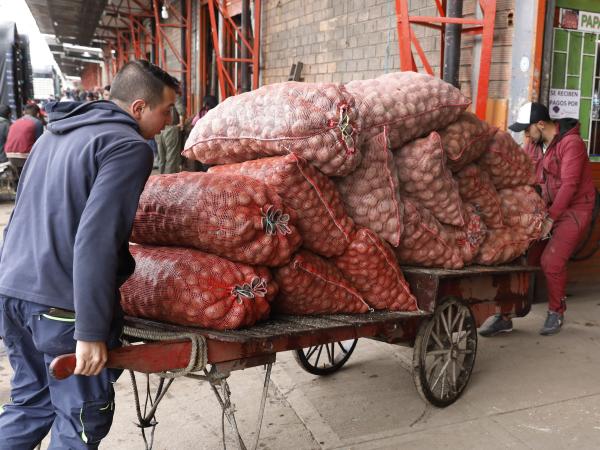The Cuban private sector has signed more than 10,000 import and export contracts through state-owned companies, since the island’s authorities gave the green light to this possibility in August 2020.
In total, there are 10,493 signed contracts, most of them for imports (10,295), while only 198 are aimed at exporting products and services, according to disclosed data by the official newspaper Granma.
Vivian Herrera Cid, general director of Foreign Trade of the Ministry of Foreign Trade and Foreign Investment (Mincex), explained to the media that 109 of these agreements are for sales on-lineand “although they do not constitute exports because the goods do not cross borders, they are contracts made by exporting companies with foreign stores or companies.”
According to the official, “the largest number of contracts signed for this procedure is for consignment and customs deposits,” while only “a few others” are current imports.
In addition to the agreements already signed, another 29,102 forms of non-state management “have approached” the companies authorized to do so to advise on these procedures, while 8,930 “have expressed the firm intention of closing contracts,” Herrera said. for Granma.
So far, there are more than 50 specialized state companies that provide these services to the island’s private sector. Among them, the Mincex board pointed out among the most “outstanding” Alcona, Artex, Citmatel, Cubaexport, Cubaimport, Desoft, Solintel , ITH, the Cuban Fund of Cultural Goods and Selected Fruits.
As for the provinces, Havana has more than 6,780 signed import contracts, and also stands out in terms of exports along with Camagüey, Matanzas, Artemisa and Villa Clara, although the press report does not offer specific figures on this matter. .
Vivian Herrera affirmed that with regard to companies, “it is expected that more state-owned mypimes will be incorporated to provide these specialized services,” while acknowledging “inefficiencies” in the work of some of the existing ones that “raise fair claims for part of non-state forms of management.
Among these complaints, he referred to “long times” of the operations and the “lack of timely responses”, for which, he said, “it continues to be a priority to improve their work towards customers.”
He also referred to the impact of the pandemic and the US embargo on this activity, which, he assured, have affected access to supplies and raised prices, a scenario in which the authorities have “incentivized the opening of consignment contracts and deposits customs, so that there is an availability of goods in the national territory.
Herrera, aim Granma«reaffirmed the importance of these companies and their services as mediators for foreign trade operations, both for non-state forms of management and for private MSMEs», and asserted that their work is «necessary», since «they have the appropriate commercial experience to help reduce tariff costs, that the committed products meet international technical requirements, legal protection and to locate the best offers.”
These data and assessments arrive less than two months after the authorities recognized that these services for the non-state sector were not going “at the desired pace.” An investigation carried out by a group of experts and commissioned by the Council of Ministers concluded that the impact of this policy on the Cuban economy was still “limited” and recognized “the abundance of bureaucratic procedures.”
President Miguel Díaz-Canel himself acknowledged that “no progress has been made as it should” in terms of facilitating the import and export of the private sector, and that some of the state companies in charge of these services “are stopped by inertia.”
“This is not a task, but a country need,” said the president, for whom “import and export levels for non-state forms are still low” and it is necessary “to go to a higher stage in these efforts ».






